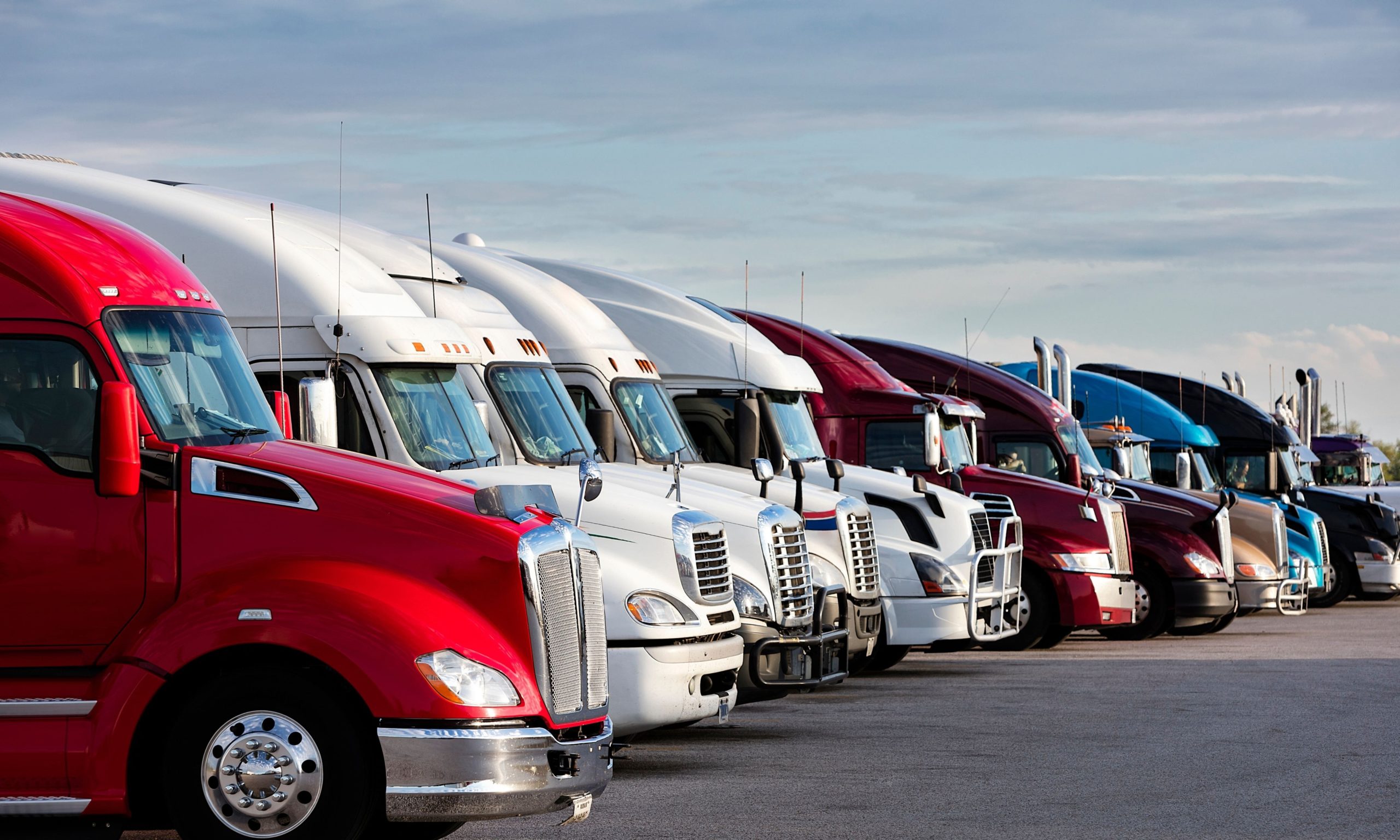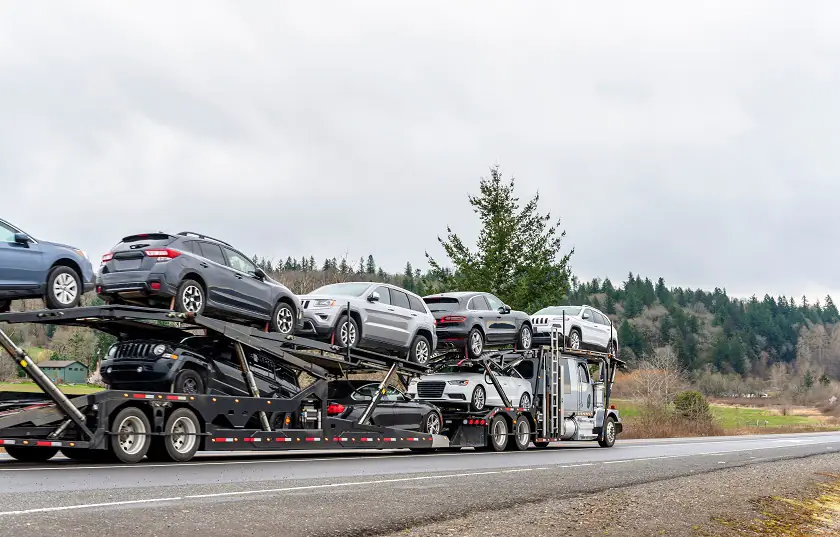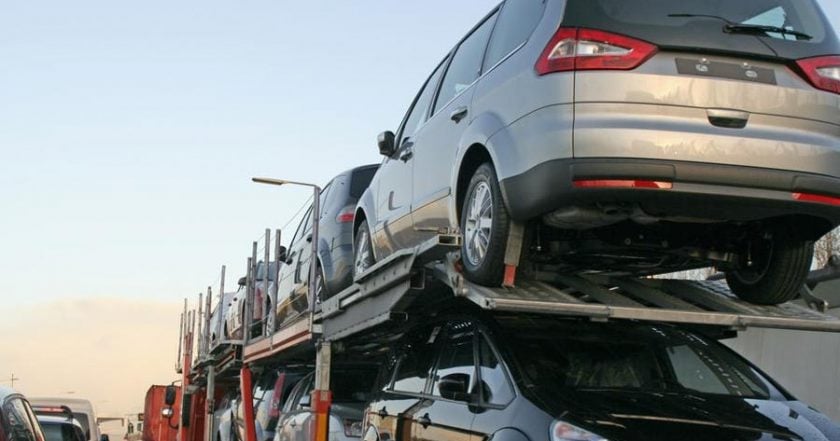Auto shipping regulations are industry standards that all shipping companies must follow. Although these rules are known to service providers, auto shipping clients might not have an idea about them.
Learning about all the rules and regulations of auto transportation is a must to ensure the service provider you’re about to hire is doing everything by the book. So, in this article, we gathered everything you need to know about auto shipping regulations.
Shipping Cargo Weight
Drivers can carry a specific amount of weight on their trailers each trip. The maximum weight is set depending on the carrier’s axel value. However, it’s calculated by estimating the weight of all shipped vehicles and adding 100 pounds to each. Besides that, the carrier weight has to be added to the final value.
Drivers must get their trucks weighted at several stations to ensure the cargo complies with auto shipping regulations. If carriers exceed the weight limit, drivers might be fined.
Shipped Cargo Height
The carrier height is also subject to auto shipping regulations. Standard vehicles are 7 feet or less, and for vehicles above 7 feet, auto transport companies will recommend a step deck trailer, which is a particular carrier used to transport cars up to 11 feet without exceeding the height limits.
If the transporter doesn’t pay close attention to the height restrictions, it will lead to shipping delays. Moreover, it will give the driver a hard time since it is impossible to drive oversized vehicles under bridges. As a result, the driver will have to change the planned shipping routes.
Driving Hours
Drivers are allowed to go on the road for limited hours per day. The driving hours restrictions are imposed to ensure the driver’s health conditions during the transporting process, which may take several days. Another reason is to maintain commercial and safety requirements.
Therefore, it is critical to confirm the shipping timeline offered by the company is realistic in light of the restrictions on driving hours. Some untrusted auto transport companies may promise their clients to deliver their vehicles during an unrealistic timeline to attract more customers.
Documentation
Auto transport companies ask their customers to provide ownership papers of their vehicles and a purchase receipt for newly purchased cars. Moreover, service providers must get special permits to transport oversized cargo across the states legally.
Who Regulates the Auto Transport Industry in the US?
The auto transport industry is strictly regulated and overseen by the following federal agencies:
The United States Department of Transportation (USDOT)
The Department of Transportation is a cabinet-level federal department that provides two levels of DOT numbers.
- State-federal number: it allows operating legally within the state
- USDOT number: it indicates the carrier can operate across the states
Safety regulations forced by the Department of Transportation are intended to prevent injuries and deaths from commercial motor vehicles on US highways.
Department of Transportation (DOT) requirements include:
- Filling out driver inspection reports must be updated regularly to demonstrate a driver’s ability to implement commercial vehicle operations safely
- A consistent maintenance schedule
- Monitoring of road hours
The Federal Motor Carrier Safety Administration (FMCSA)
The Federal Carrier Safety Administration is a part of the Department of Transport, regulating all motor carriers operating across states under the DOT jurisdictions. Furthermore, it aims to prevent vehicle-related accidents and improve their safety.
Cross-country vehicle shippers may need to go through multiple states to carry out their vehicle transportation services. Therefore, auto transport companies that want to operate outside their state must obtain all necessary federal licenses and certifications.
Auto shipping regulations are complex and difficult to track; however, auto transport companies are responsible for compliance. When a company meets all the criteria set by the FMCSA, the administration will provide them with an MC number as proof of its successful registration.
How to Check an Auto Shipping Company’s Legal Information?
The first thing you have to confirm before hiring an auto transport company is to verify whether or not it’s operating legally. This step will guarantee the carrier follows all safety and insurance regulations set by the FMCSA and avoids dealing with unlicensed companies.
To check the company’s license authority, you should get the company’s USDOT and MC numbers which must be available on their website. Then you should verify these numbers using the FMCSA website. If the search result returns the number ‘unauthorized,’ it is a red flag.
Conclusion
The FMCSA established auto shipping regulations to protect carrier drivers, road passengers, auto carriers, and their customers. Therefore, it is imperative to be aware of all the details regarding these regulations and check the legal status of the auto transport company before deciding to book a shipping service.
Tempus Logix is an auto transport company regulated by the US Department of Transportation, licensed and bonded with FMCSA and USDOT. The company offers best-in-class auto transport services across the United States and offers its clients all types of carriers for various purposes. Whether you’re shipping a motorcycle or heavy-duty vehicles, you don’t need to worry about transportation because Tempus Logix is your reliable and trustworthy shipping partner.










